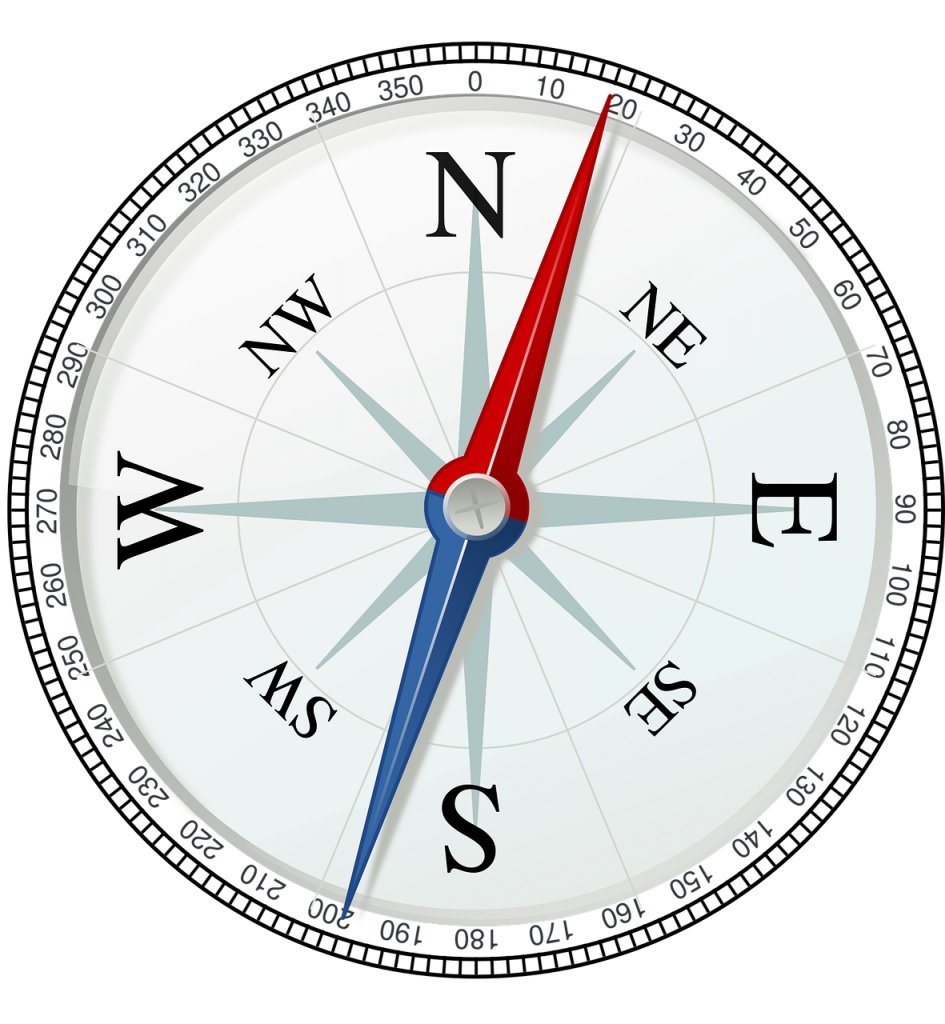Current Research
Navigational Aids and Their Influence on Spatial Memory

Work in Tufts’ spatial cognition lab has shown that navigational aids impair development of spatial memory. Are there ways that navigational aids might help someone navigate and allow them to learn?
Continuous Navigation Measures to Inform Spatial Thinking

People often feel uncertain when navigating through a new environment. Research on navigation frequently assesses spatial decisions after they have been made (e.g., which way someone turned). However, behavior prior to making a spatial decision can provide insights into the spatial decision process.

Spatial Metacognition
Do people engage in metacognitive processing while they learn a new environment? Metacognitive processing can involve monitoring learning (Will I remember this route?) and/or controlling study (gathering new information or getting information in a different format) for successful learning. Our work applies metacognition theory to environment learning.
Spatial Thinking in STEM Education

Spatial thinking can be used to think about a range of scientific concepts. Good spatial thinking skills have been linked to success in STEM courses and careers. Tufts Spatial Cognition Lab in collaboration with Think3d! has developed and assessed a spatial thinking training program based in origami and pop-up paper engineering.